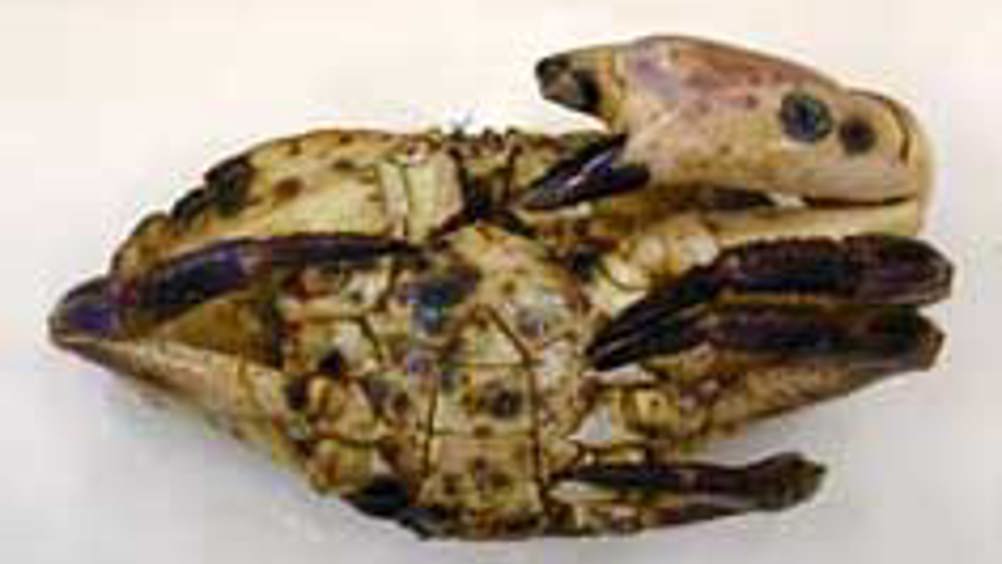Examining climate impact on fish
Prof Andrew Rowley from Swansea University’s School of the Environment and Society has been awarded more than €400,000 (£340,000) as part of a collaborative project looking at the impact of climate change on shellfish productivity in the Irish Sea.

The project, entitled ’Shellfish productivity in the Irish Sea: working towards a sustainable future (SUSFISH)’, is led by Bangor University in partnership with Aberystwyth and Swansea Universities in Wales and University College Cork in Ireland.
The total €2.9m (£2.5m) project is part funded by the European Regional Development Fund (ERDF) through the Ireland Wales Cross Border Territorial Cooperation Programme (INTERREG 4A).
The researchers will produce guidelines for future fisheries management, ensuring sustainable development of the shellfish industry in Ireland and Wales.
They will achieve this by assessing the potential effects of climate change, using oceanographic models, on shellfish productivity in the Irish Sea and determining adaptation or mitigation strategies for the industry, including recommendations for protection of certain areas.
The Swansea-based team will look at potential changes in shellfish health, with particular emphasis on cockles, edible crabs and lobsters.
Drs Emma Wootton and Ed Pope from Swansea University’s School of the Environment and Society, and Dr Claire Vogan from the School of Medicine, will initially examine a condition called shell disease, which affects crabs and lobsters.
Register now to continue reading
Thanks for visiting The Engineer. You’ve now reached your monthly limit of news stories. Register for free to unlock unlimited access to all of our news coverage, as well as premium content including opinion, in-depth features and special reports.
Benefits of registering
-
In-depth insights and coverage of key emerging trends
-
Unrestricted access to special reports throughout the year
-
Daily technology news delivered straight to your inbox










Water Sector Talent Exodus Could Cripple The Sector
Maybe if things are essential for the running of a country and we want to pay a fair price we should be running these utilities on a not for profit...